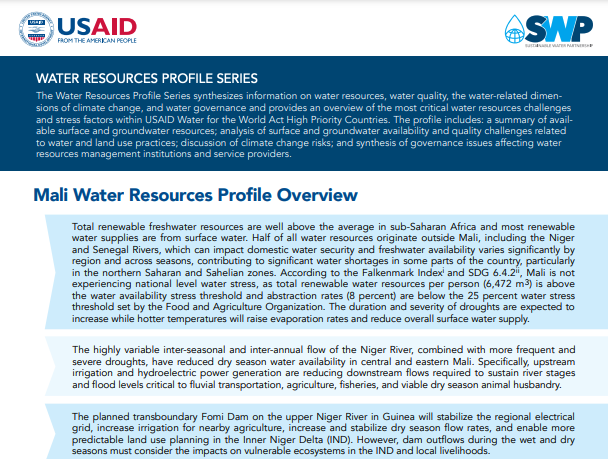Resources
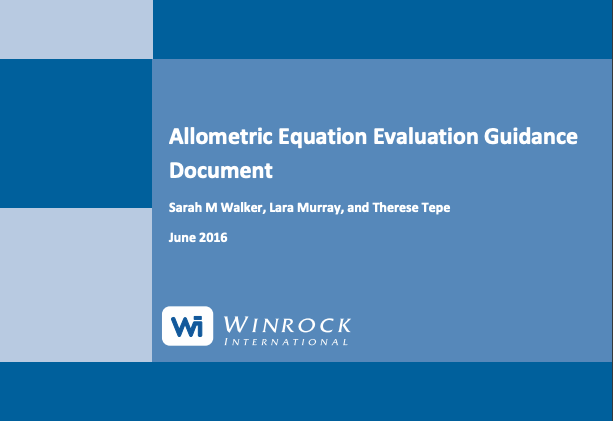
Allometric Equation Evaluation Guidance Document
The study of carbon stored in forests is based on the assessment of biomass stocks found in various vegetation types, along with the carbon stored in the soil. While it is not possible to directly measure the mass of carbon or vegetation in a forest area without harvesting and weighing all tree and vegetation biomass, […]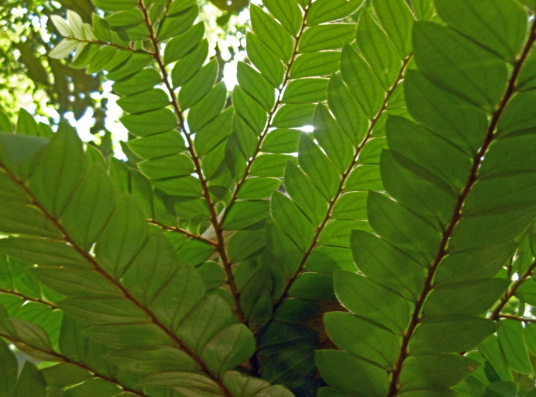
Guidance for Developing NFI for Forest Carbon Sampling
This module describes the calculations necessary to estimate carbon stocks and their uncertainty, based on field data collected in a Terrestrial Carbon Monitoring System for REDD+.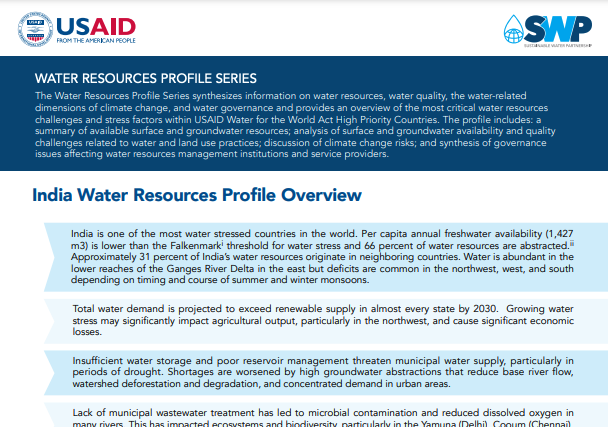
India Water Resources Profile
India divides its surface water into 22 basins. The Ganges, Indus, Godavari, and Brahmaputra Basins cover more than half the country.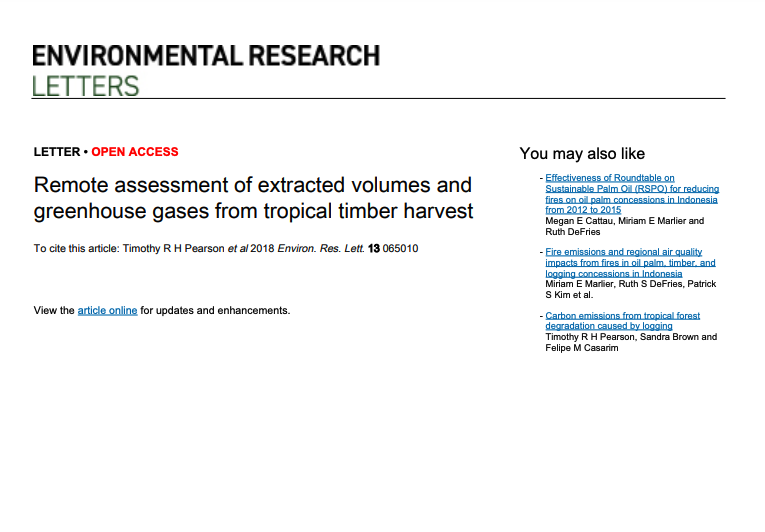
Remote Assessment of Extracted Volumes and Greenhouse Gases from Tropical Timber Harvest
Timber harvest from tropical regions generates seven billion dollars annually in exports and is estimated to occur across 20% of the area of remaining tropical forests. This timber harvesting is estimated to account for more than one in eight of all greenhouse gas emissions from tropical forests. Yet there is currently no means to independently […]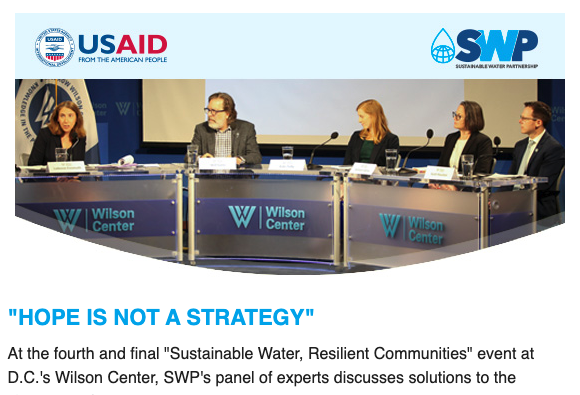
June/July 2018 SWP Newsletter
At the fourth and final “Sustainable Water, Resilient Communities” event at D.C.’s Wilson Center, SWP’s panel of experts discusses solutions to the challenge of erratic water. In this issue: – “Hope is Not a Strategy” – “We Are the Water Users” – New Privacy Statement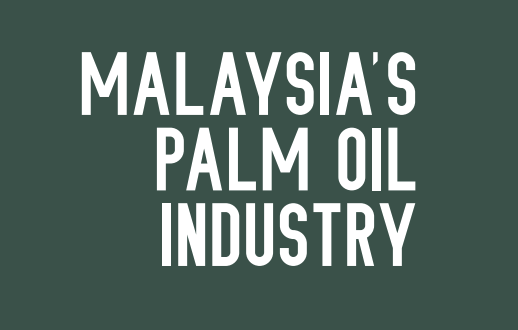
Malaysia’s Palm Oil Industry
The palm oil industry has experienced significant growth and expansion during the past decades, becoming a key part of the Malaysian economy and one of the most important sources of jobs. However, with this growth has come widespread reports of human rights abuses related to consistent exposure of workers to hazardous chemicals, violent clashes over […]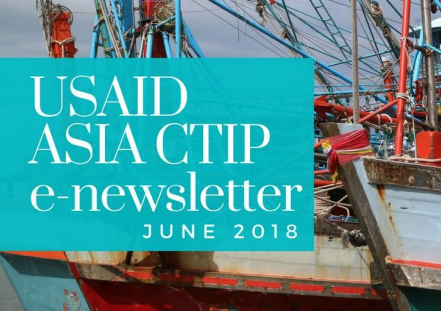
USAID Asia CTIP Newsletter – First Edition – June 2018
CONTENTS Regional: Engaging the Private Sector Regional: Monitoring and Evaluation Working Group Tracks Results Bangladesh: Orienting Judicial Officers on Victims’ Rights Cambodia: A Young Man’s Journey from Monk to Mechanic Nepal: Workshop on Strengthening Shelter Services Nepal: Photo Exhibition to Give Voices to Male Trafficking Survivors Cambodia: Cambodia Youth Empower Rural Communities USAID CTIP Programs […]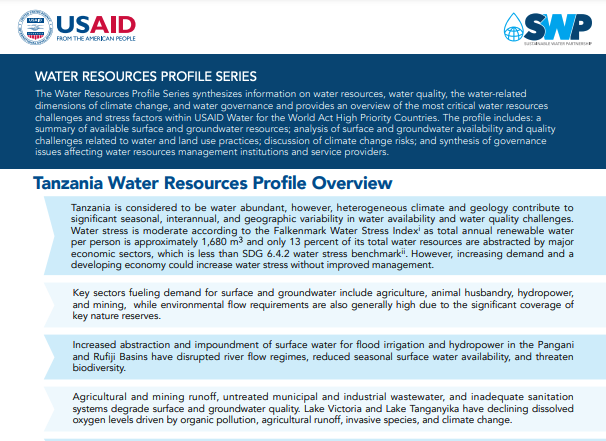
Tanzania Water Resources Profile
Tanzania is considered to be water abundant, however, heterogeneous climate and geology contribute to significant seasonal, interannual, and geographic variability in water availability and water quality challenges.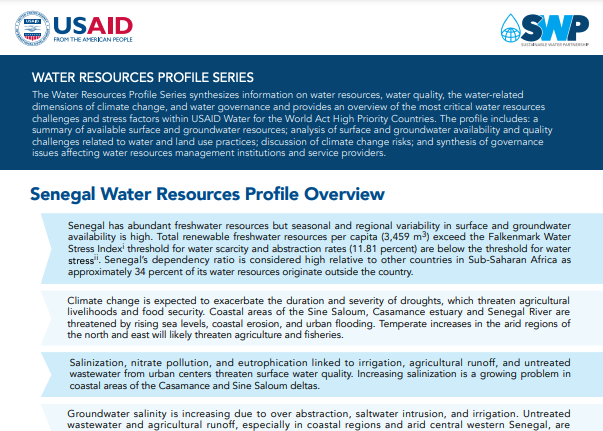
Senegal Water Resources Profile
Most renewable water supply is derived from surface water in five main drainage basins: the Senegal River, Gambia River, Casamance River, the Kayanga River, and the Sine Saloum. All of the basins flow into the Atlantic Ocean.